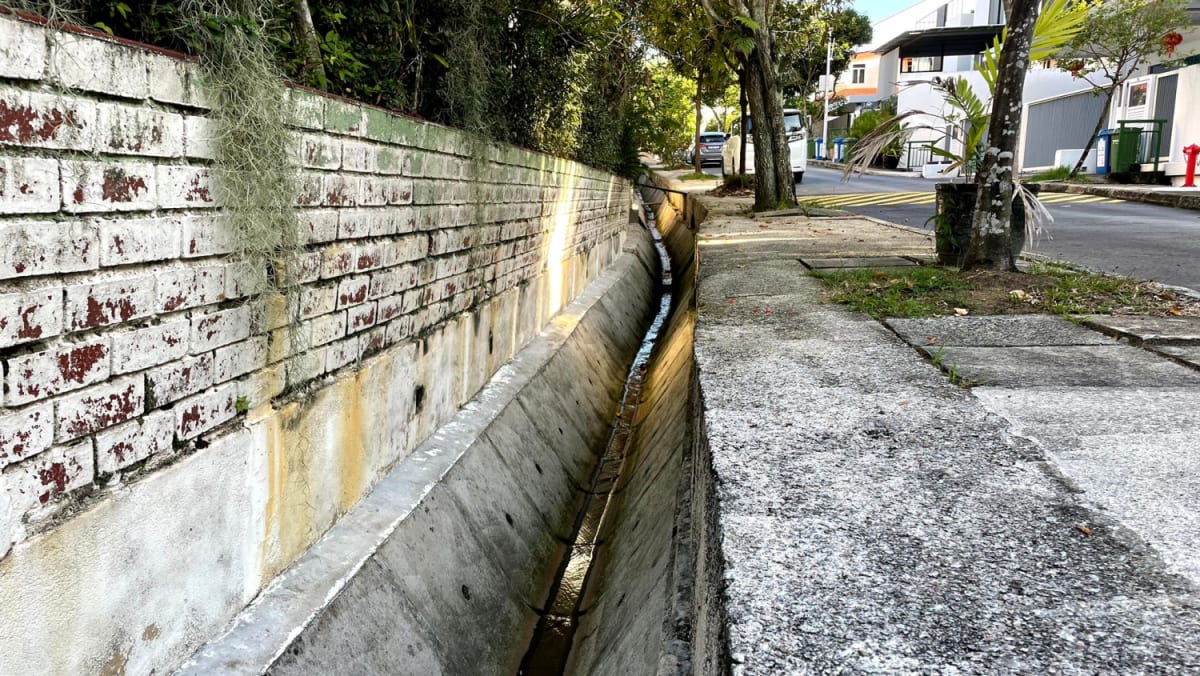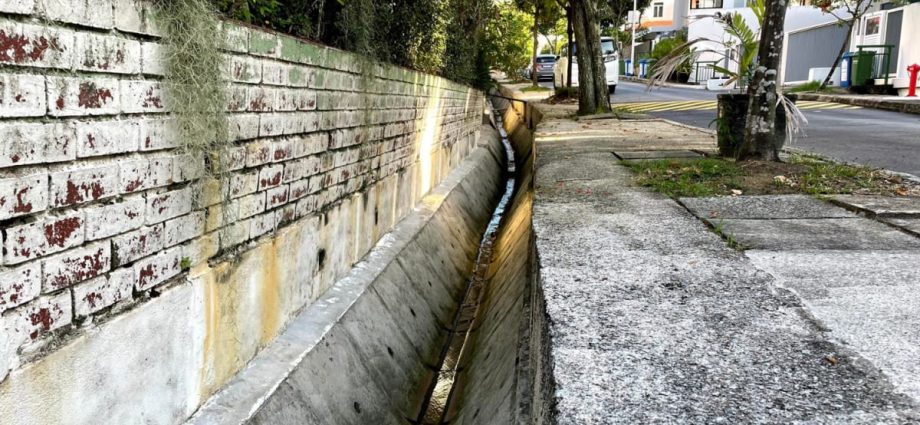
Generally, national water agency PUB is responsible for the drains in Singapore, said Mr Razeen.
The agency needs to check the drains regularly and perform maintenance where necessary.
“In some instances, home owners or businesses might be responsible for the drains within their properties. If you are injured falling into a drain, it is essential that you record where the incident happened to help identify who your claim will be made against,” said Mr Razeen.
If the claimant is not sure who has management or control over the relevant drain, the claimant may consider making an application in court to compel a party to disclose information or documents, said Mr Suang Wijaya, partner at Eugene Thuraisingam LLP.
This would be for the purpose determining who is the proper party to sue, he said.
ESTABLISH CONTACT
The claimant may first consider engaging in legal correspondence with the entity in charge of the drain, said Mr Wijaya.
“Such correspondence would be to explore whether parties may amicably settle the dispute without court litigation,” he said. “If there is no amicable settlement, the claimant may have to consider the prospects of commencing litigation against the other party.”
The claimant will have to prove that they were owed a duty of care by the defendant, said Mr Razeen.
“For example, if you fell into a drain at your workplace (business premises), your employer might have been negligent,” he said, pointing to the Work Injury Compensation Act.
SOLUTIONS OTHER THAN COURT
Before heading to court, a person can try other avenues first. These include mediation, a recognised form of alternative dispute resolution in Singapore, said Mr Tang.
“With the assistance of an independent mediator, the parties in dispute can work towards reaching an amicable resolution to the matter,” he said.
“If a settlement is reached, the matter ends there. However, if a resolution cannot be obtained, the claimant can still proceed with the court process.”
A claimant can also seek an insurance payout from his or her own insurance, but this does not preclude him or her from seeking compensation from the party responsible for the injuries, said Mr Tang.
A personal accident plan may provide coverage for such incidences, said Ms Mundo. She added that a town council may also have its own insurance policies to cover situations where such accidents take place within premises under the town council’s control and responsibility.
WHICH COURT TO HEAD TO?
It is the claimant who chooses which court to commence proceedings in, and the proper court in turn depends on the amount of damages they are claiming for, said Mr Wijaya.
The Magistrate’s Court can award damages of up to S$60,000, while the District Court can award damages of up to S$250,000, lawyers told CNA. In the case of road traffic accident claims or claims for personal injuries arising from industrial accidents, a District Court can award sums of up to S$500,000, said Mr Razeen.
Damages of above S$250,000 can be awarded by the High Court, the lawyers said.
The amount of damages claimed would depend on the extent of injuries or financial losses sustained by the claimant, said Mr Wijaya.
The compensation amount can be calculated based on two types of damages, said Mr Razeen: General damages for things like pain, suffering and loss of amenities, and special damages like medical costs, travel expenses and loss of income.

